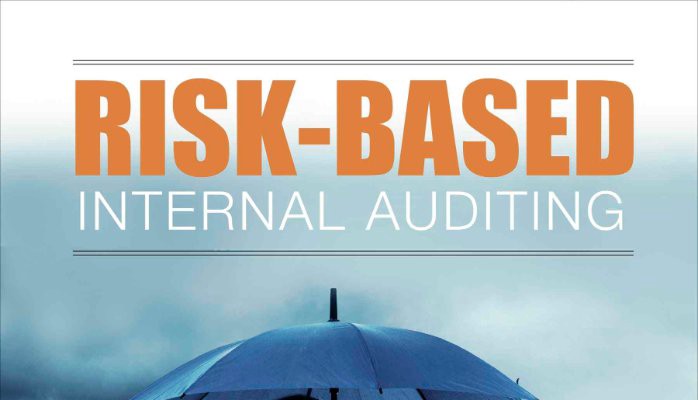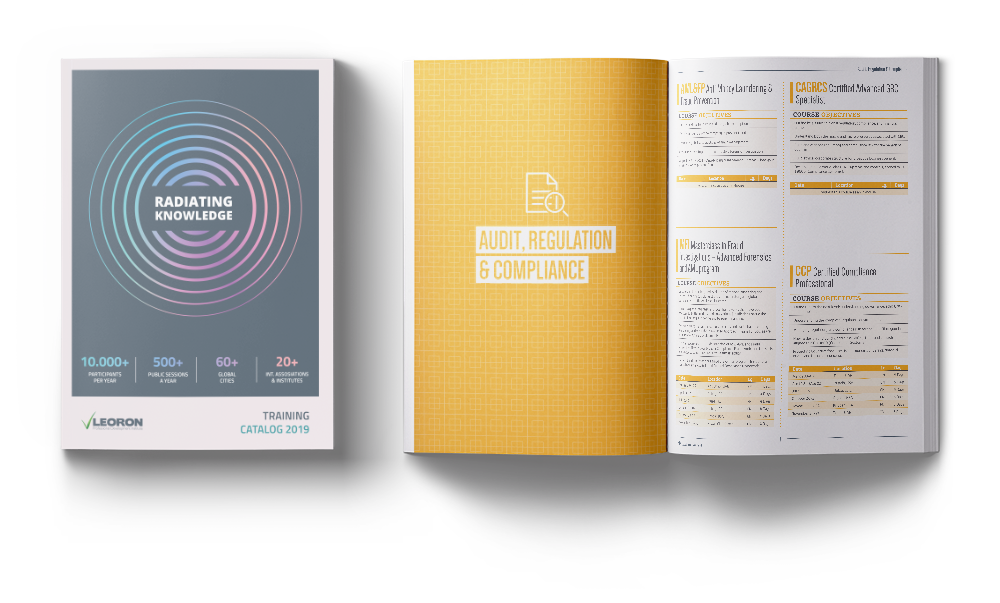Course Overview
Risk based internal auditing is about identifying the key objectives of an organization and selecting the tops risks threating the attainment of those objectives. This course enables participants to effectively identify the top objectives and risks in their organizations to provide input on developing a risk based internal audit plan. We discuss risk management basics on how to identify, assess, evaluate, mitigate and monitor risks; to aid in understanding risk management principles necessary to perform risk based audits. Differences between traditional internal auditing and how to audit using a risk-based approach are discussed. Through lectures and practical group interaction, discussions, and exercises, participants will develop the skills necessary to effectively plan and perform risk based internal auditing at their organization.


Run This Course
IN HOUSE
Enjoy this certified program at your premise of choice, with lower costs, and schedule that suits you best
Fully Customized According To Your Needs!
5 Key Takeways
1
Learners will be able to implement risk management principles and differentiate between the various risk management frameworks.

2
Learners will be able to identify the highest risks to their organization meeting its objectives.

3
Learners will Gain a mastery of the Risk-Based Internal Audit Framework and how to apply it at their organization.

4
Learners will be able to develop a truly risk based internal audit plan, not just risk rank an audit universe based on something other organizational objectives.

5
Learners will be able to apply a risk-based approach at the audit engagement level.


See What's Inside Our 2021 Catalog
To download the catalog click on enquire now.
Course Outline
Day One
- Understanding performance, risk and compliance in relation to internal audits.
- Definition of internal auditing.
- Types of internal audits.
- Internal audit professional standards.
- The evolving role of internal audit.
- The future of internal audit.
- Audit universe approaches.
- The use of frameworks.
- The Risk-Based Internal Audit Framework.
Day Two
- Understanding and assessing culture.
- Understanding stakeholders.
- Understanding objectives and strategies.
- The nature of risk.
- Identifying opportunities, threats and requirements.
- Identification methods.
- Inherent and residual risk.
- Risk analysis criteria and decision-making guidelines.
- Risk appetite.
- Risk tolerance.
- Risk capacity.
- Assessing reward, risk and compliancy.
- How to measure risk.
- Responding to risks: (Terminate, Tolerate, Treat, or Transfer).
- Internal controls.
Educational Partner

Marking 100 years of experience, ANSI is the official U.S. representative to the International Organization for Standardization (ISO) and, via the U.S. National Committee, the International Electrotechnical Commission (IEC), and is a U.S. representative to the International Accreditation Forum (IAF). ANSI accreditation is nationally and internationally recognized as a mark of quality and assures that employers can have confidence that the certificate holder has completed the prescribed course of study. ANSI’s accreditation process itself follows ISO/IEC 17011, the International Standard that defines quality third-party accreditation practices. ANSI’s Certificate Accreditation Program (ANSI-CAP) accredits assessment–based education and training programs against the American National Standard ASTM E2659. The standard establishes guidelines for quality certificate program development and administration, and forms the foundation for a recognition system that enables consumers, employers, government agencies, and others to distinguish between qualified workers and those with less-than-quality credentials
Who Should Attend?
This highly practical and interactive course has been specifically designed for:
- Internal auditors.
- Internal audit seniors.
- Internal audit managers.
- Internal audit directors.
- Chief Audit Executives.
- Risk management professionals.
- Risk managers

Related Courses
Get In Touch!
Contact us for a quote or in case of any urgent queries please send us an email on: [email protected]
we will get back to you right away!